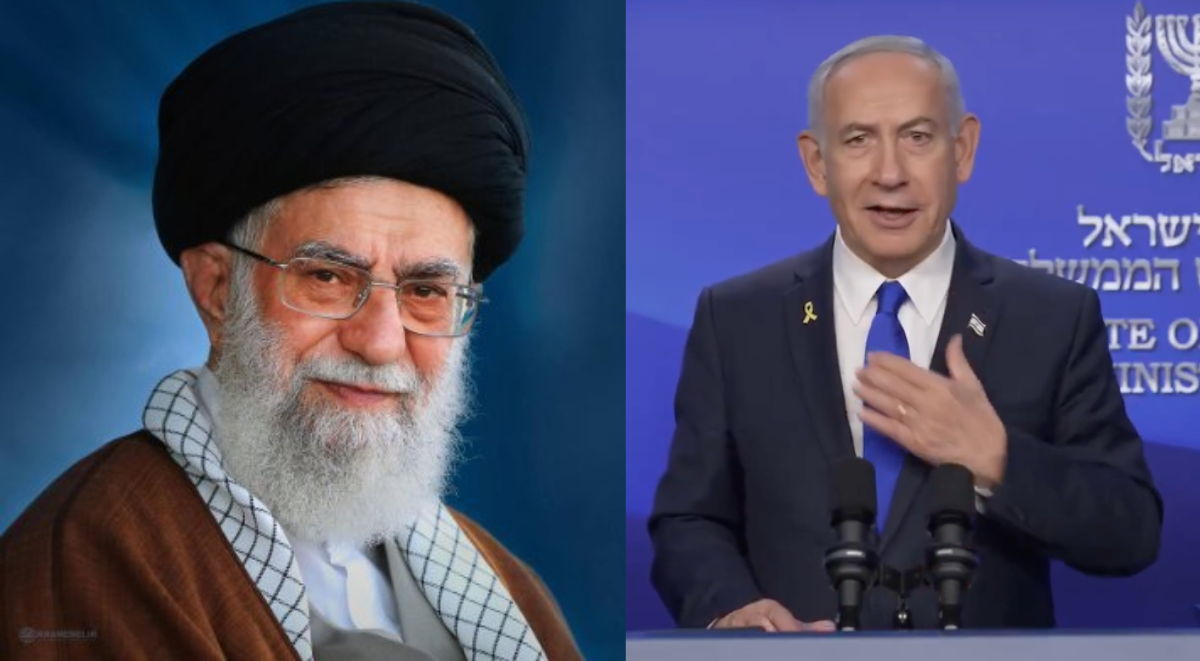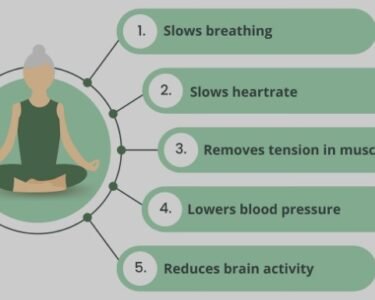The ongoing Israel–Iran conflict entered its seventh day with unprecedented intensity as both nations exchanged heavy missile fire overnight. Iranian missile strikes caused major damage in Israel’s southern city of Beersheba, including a direct hit near the Microsoft office complex and a hospital, while Israel launched retaliatory airstrikes targeting Iran’s key nuclear and military infrastructure.
A massive blaze broke out near the Microsoft office in Beersheba’s tech park following an Iranian missile strike, prompting swift evacuation and emergency response. Several fires engulfed surrounding streets, raising fears over civilian safety and infrastructure security. At the same time, Soroka Medical Center in Beersheba suffered significant damage after being struck directly. Reports confirmed multiple injuries, although many patients had been preemptively moved thanks to prior warnings by Israeli authorities.
Iran’s missile barrage marks a dangerous new phase in the conflict, which began after Israel’s Operation Rising Lion struck Iran’s nuclear facilities in Natanz, Isfahan, and Fordow last week. Israel stated the airstrikes were designed to neutralize what it considers an existential threat from Iran’s growing nuclear capabilities.
In its latest response, Israel’s military deployed more than 60 fighter jets overnight to hit over a dozen targets in Tehran and nearby military zones. The Israeli Air Force confirmed it struck multiple missile production factories and nuclear-related installations. One major target included the heavy-water research reactor in Khondab, west of Tehran. Iran evacuated personnel from the site before the attack, and initial reports confirmed no radiation leaks.
Meanwhile, Iran launched another wave of long-range missiles early Friday morning, with several projectiles reaching southern Israel. Israeli defense systems intercepted some, but at least 40 missiles reportedly landed in various locations, including near Tel Aviv, Holon, and Ramat Gan. Israel believes Iran employed cluster munitions in the attacks—bombs that release submunitions over a wide area—causing maximum impact.
Casualties are mounting on both sides. Iranian health authorities report at least 224 dead, including 70 women and children, and over 1,200 injured. Israeli officials confirmed between 18 and 24 dead and nearly 400 injured, as emergency services continue rescue and relief operations across affected cities.
The humanitarian impact is growing. Israel has issued shelter-in-place alerts in key cities, while Iran is reportedly moving civilians out of high-risk zones. The Israeli Defense Forces (IDF) have urged civilians in northern Iran’s Sefidrood Industrial Park to evacuate immediately, stating that new operations in that area are imminent.
Global reactions are pouring in. The United States remains closely involved, with President Donald Trump stating he will decide within two weeks whether to authorize a U.S. military response against Iran. Trump warned Iran not to escalate further and demanded its “unconditional surrender,” calling Supreme Leader Ayatollah Khamenei an “easy target,” though he clarified the U.S. had no immediate plans to eliminate him.
Trump also denied that he cut short his G7 summit trip in Canada to negotiate a ceasefire, instead saying something “much bigger” is underway. He reiterated his earlier warning for civilians to evacuate Tehran, citing concerns for the city’s 10 million residents.
Meanwhile, the G7 countries have urged restraint and emphasized that Iran must not acquire nuclear weapons. French President Emmanuel Macron revealed that a U.S.-backed proposal for a ceasefire had been placed on the table, although there’s no indication either Israel or Iran is ready to halt hostilities.
Japan, amid the turmoil, successfully evacuated 90 of its citizens and their families from both Israel and Iran. Other nations, including China and France, have advised their nationals to leave the region as the conflict shows no signs of abating.
Reports from Israel also indicate that an IDF drone intercepted a suspected Iranian unmanned aerial vehicle near Haifa without triggering public alarms. In a separate incident, Israel’s covert Operation Narnia allegedly killed nine of Iran’s top ten nuclear scientists using an undisclosed “special weapon.”
The death of Iran’s intelligence chief Mohammed Kazemi in last week’s Israeli strike has prompted Iran to appoint Brigadier General Majid Khadami as the new head of the IRGC’s intelligence division. The rapid leadership shuffle underscores the scale of damage suffered by Iran’s security apparatus in recent days.
As diplomatic avenues grow colder and battlefield actions intensify, the Israel–Iran conflict stands at a dangerous crossroads. The coming days will be critical in determining whether diplomacy can return or whether the region descends further into all-out war.







